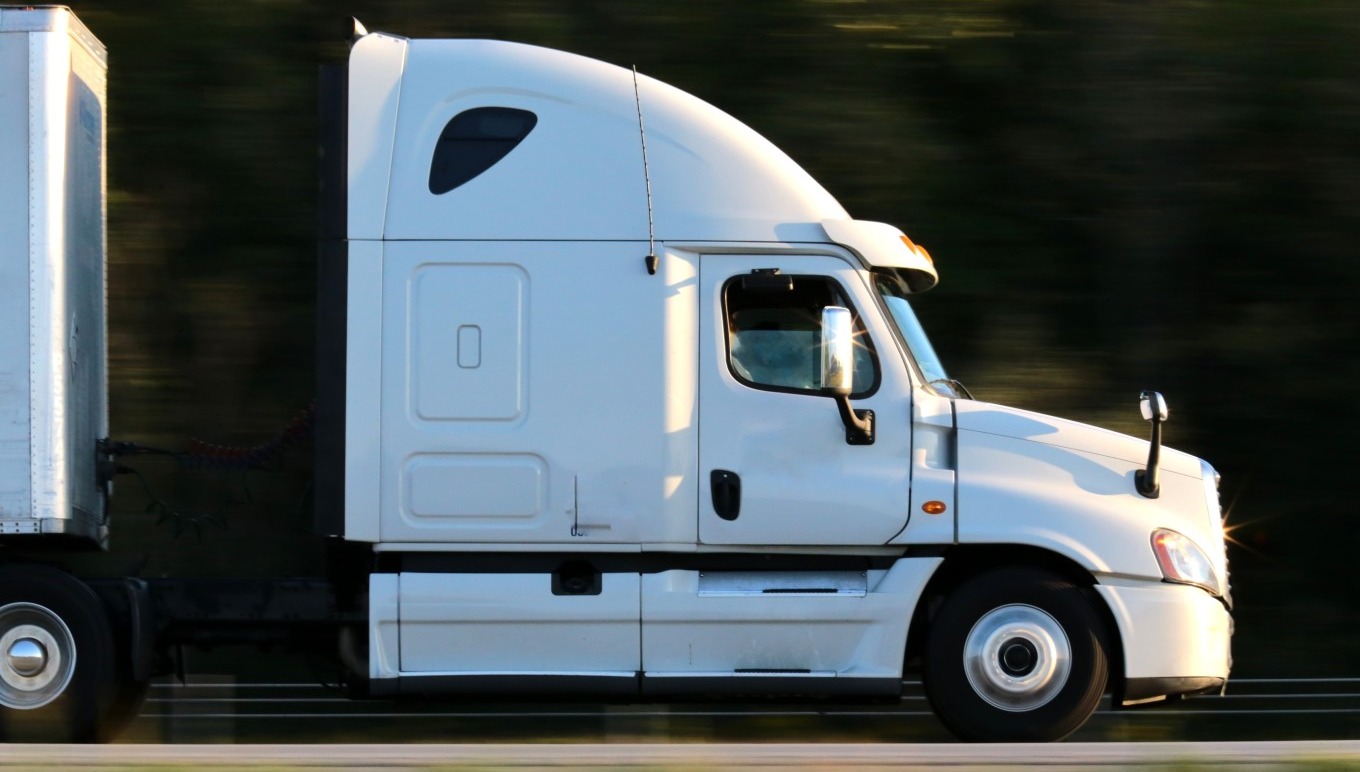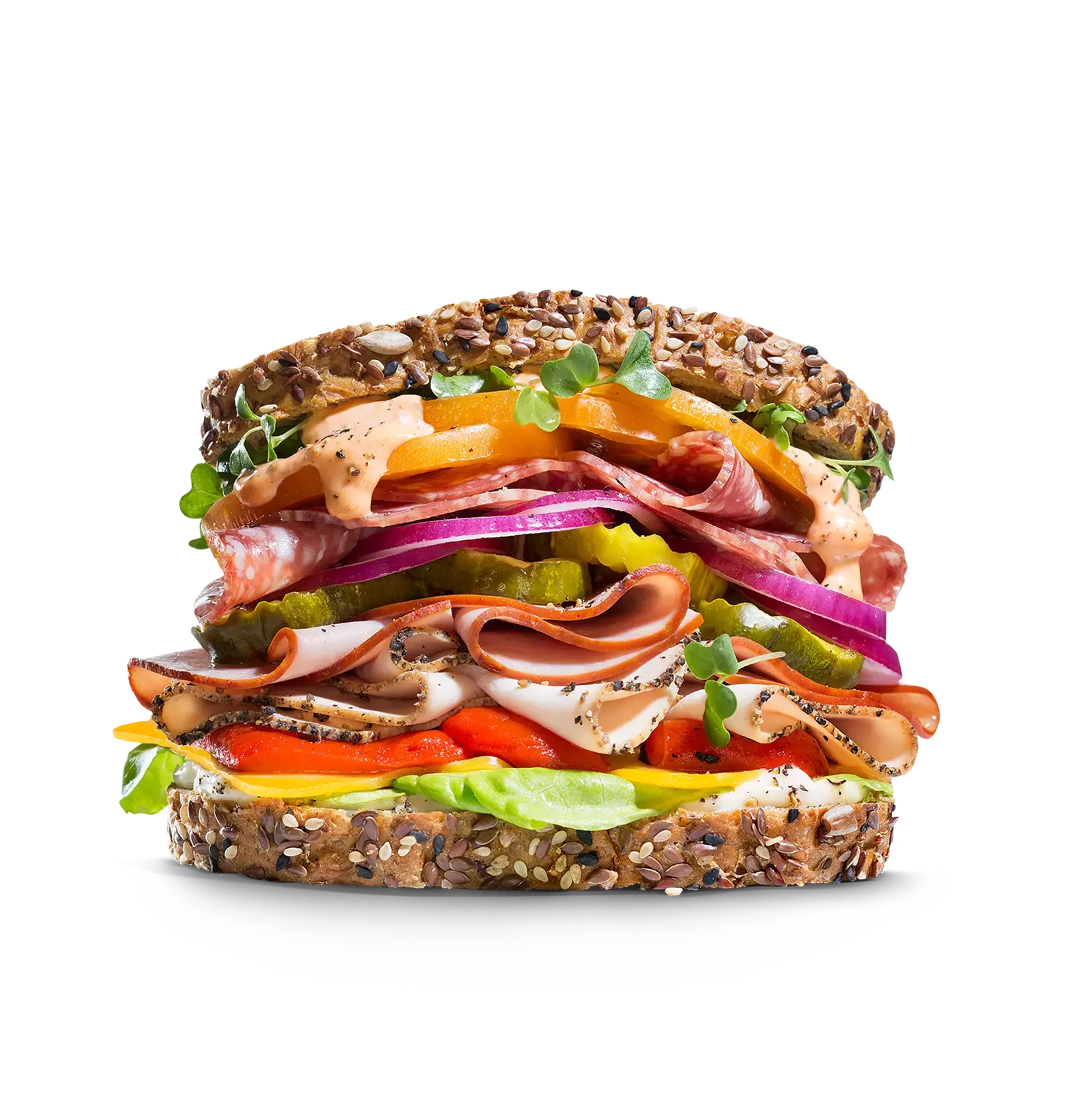HGV Driver Shortage Threatens UK Food Businesses with Major Disruption
HGV Driver Shortage Threatens UK Food Businesses with Major Disruption
HGV Driver Shortage Threatens UK Food Businesses with Major Disruption

A shortage of lorry drivers which has been rumbling in the background over recent years is threatening to boil over into a crisis for the UK food and beverage industry. The shortage, exacerbated by a combination of factors from Brexit to the lingering effects of the pandemic, means there is a chance of significant disruption to supply chains and shortages for some products later in the year.
What Is Driving the Crisis?
Recruitment issues around heavy goods vehicle (HGV) drivers have been mounting since the spring, with the haulage industry now thought to be 100,000 drivers down on what is required to comfortably keep supply chains moving.
The crisis has come about because of a “perfect storm” of problems in the industry:
A reduction in drivers from the EU. With the UK officially leaving the European Union at the beginning of 2021, the loss of thousands of EU nationals has put a dent in the available driver pool. Industry leaders are calling on the government to make it easier for those EU nationals to return.
Increased Brexit bureaucracy. Another knock-on effect of Brexit has been a shortage of qualified vets, who are needed at processing sites to grant health certificates for the transportation of livestock.
Continuing impact of the pandemic. In its early months, the pandemic caused thousands of EU nationals to return home, many of whom have not returned. But its effects go deeper still, with long lockdowns greatly reducing the number of new drivers to be trained in the last 18 months.
IR35 tax changes. In April, new tax legislation was passed which had a particularly large impact on the haulage sector. The IR35 reforms essentially mean that drivers can no longer declare themselves self-employed for tax purposes, meaning they must pay more tax and their agencies must pay Employer NI. In short, this has reduced drivers’ potential take-home pay, causing many to quit the sector.
How Is the Crisis Likely To Play Out?
While this mix of factors has affected driver numbers worst of all, there are also shortages being seen elsewhere—throughout the supply chain. A combination of the reasons listed above—as well as rising COVID-19 case numbers in the UK—is affecting all food production sectors, particularly fresh produce and meat. Abattoir workers and meat processing staff have been hit hard, as have fruit and vegetable pickers and packers.
The real question is how badly the shortages will affect the food and beverage industry, retailers and the public. Controversial government plans to extend the legal hours drivers can work have already been passed in a bid to ease the pressure, but the only sure-fire way to get capacity back to near-appropriate levels is raising driver pay. These costs will have to be absorbed throughout the supply chain, including consumers, with some predicting 5% price increases by the autumn.
Despite this, food shortages over the summer and beyond are now seen as inevitable by many. Product variety in supermarkets is expected to reduce, while some schools, hospitals and care homes could be left without food entirely.
Meanwhile, the end of most coronavirus restrictions on July 19 has increased demand, putting even more pressure on creaking supply chains. Food businesses face the very real prospect of not being able to produce or ship enough products, leading to high levels of wastage and huge damage to revenues.
How Should Food and Beverage Businesses React?
As with any crisis affecting the industry on a nationwide scale, so much is out of food and beverage businesses’ hands at present. The situation will only truly be eased by boosting driver numbers—and that is down to the haulage sector and the government to solve. However, there are steps businesses can take to mitigate the damage and ensure they are ready to navigate future crises as well as possible.
What food businesses need most of all when disruption hits their supply chains is the ability to predict what will happen next and carefully plan their next move. This can be achieved through implementing an enterprise resource planning (ERP) solution. ERPs are powerful software systems that bring all parts of an organization together onto one platform—creating one source of truth and enabling truly data-driven decision-making.
The best ERP systems tailored for the food and beverage industry come complete with an array of features to help businesses overcome supply chain challenges. When disruption hits, robust demand and forecasting planning tools help companies identify exactly where they’re going to face problems—which orders they won’t be able to fill, which materials orders they won’t be able to receive and so on—and adjust operations accordingly. Deep lot profitability features also give businesses a much better overview of their haulage costs, allowing them to plan further ahead and plot the most profitable path.
To learn more about how our market-leading food ERP can help your business react better to supply chain disruptions, contact our team of food and beverage industry experts today.
Sind Sie bereit, Ihr Unternehmen grundlegend zu verändern?
Wir bieten Ihnen die spezialisierten ERP-Lösungen, die Sie für die Herausforderungen Ihrer Branche benötigen.



 Jack Payne | Vice President, Product Management & Solutions Consulting
Jack Payne | Vice President, Product Management & Solutions Consulting